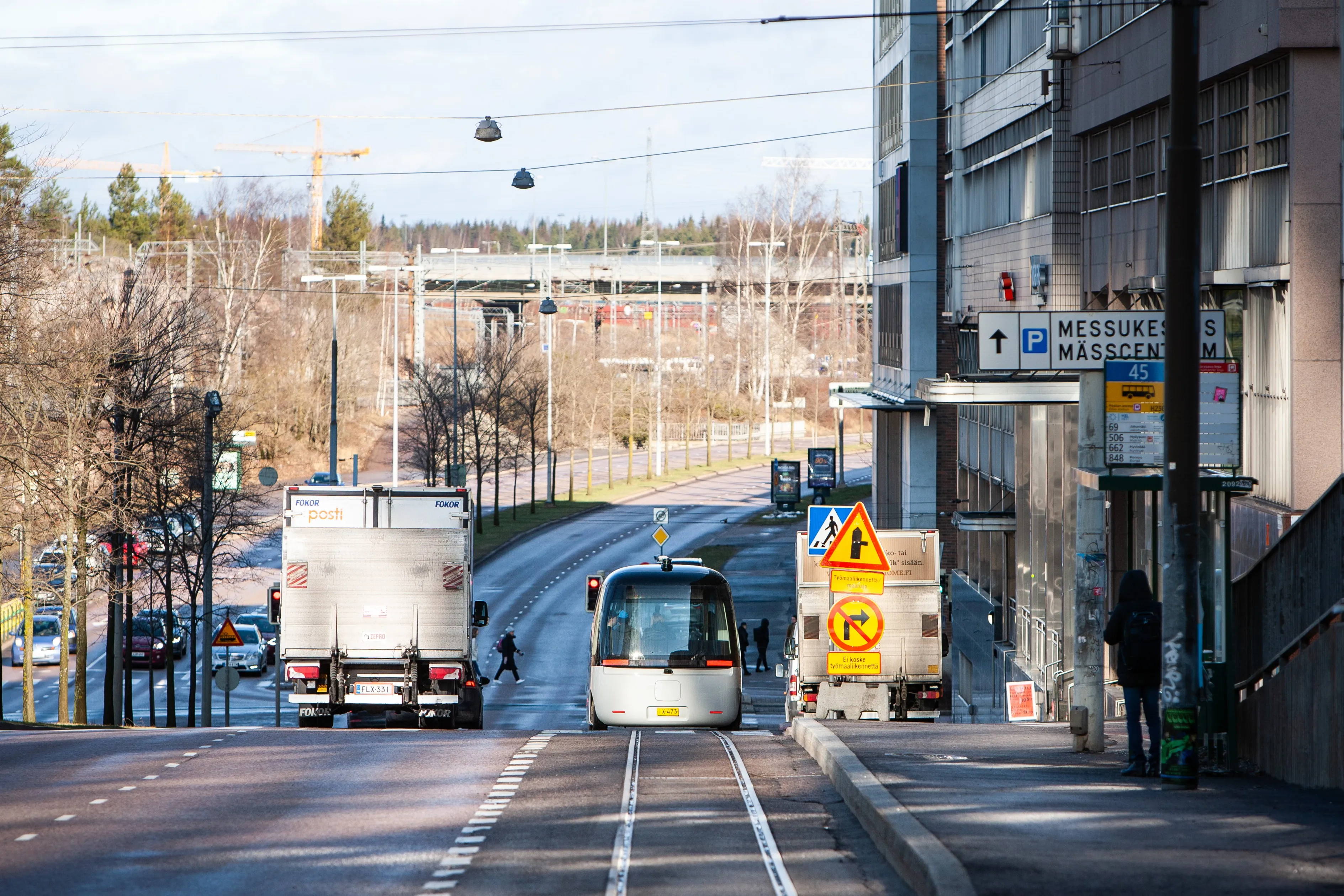
The Fabulos autonomous vehicle (AV) project is evaluating three robo-bus prototypes in real-life conditions in five European cities.
Pilot projects for driverless first-/last-mile solutions are set to be up and running in Estonia, Finland, Greece, the Netherlands and Norway.
European Union-funded Fabulos aims to accelerate the commercial uptake of robo-buses, and will take the results of these new schemes into another procurement process next year.
In this 50-day field-testing phase, prototypes are being operated in small fleets of shuttles by consortia comprising several companies.
Each of the three suppliers – Sensible4-Shotl (Finland/Spain), Saga (Norway/Canada) and Mobile Civitatem (Estonia) - receives up to €1 million to prepare pilots and validate their prototypes.
Fabulos says it focuses on providing a turnkey solution that can manage automated robo-bus fleets as part of cities’ public transportation systems.
“For cities, this means more attractive, cost-efficient and sustainable transport solutions,” it says in a statement. “Citizens, in turn, get more tailored urban mobility alternatives, enabling seamless transfer across the public transportation network.”
Pilots will be underway soon in Gjesdal (Norway) and Tallinn (Estonia) – although it is thought that Covid-19 restrictions may delay them.
Autumn will see pilots launched in Lamia (Greece), Helmond (Netherlands) and another in Gjesdal.
Each of the suppliers will pilot their robot bus solutions in two cities.
The self-driving shuttles are already on the road in Helsinki, Finland, whose mayor Jan Vapaavuori says: “Innovation to support the best urban life conditions possible is in the core of our strategy. As such, the promotion of sustainable modes of transport is considered as a high priority.”
Helsinki's three AVs follow a circular route starting from Pasila rail station, riding partly on a separate lane, at speeds up to 40 km/h.
Fabulos says most of the route is in mixed traffic and includes crossroads with traffic lights, right turns, street-side parking and a roundabout.
There are three bus stops on the route and on-demand rides are available via a mobile app.
Although there is no need for on-board drivers or stewards, the AVs are monitored from a remote control centre, where an operator can intervene.








